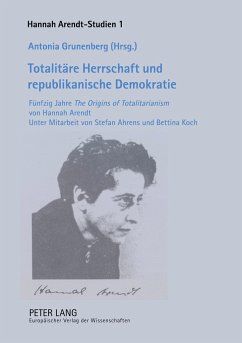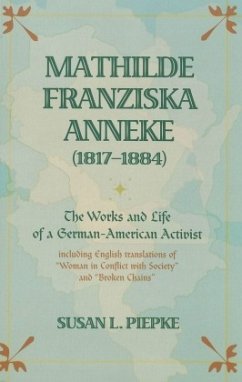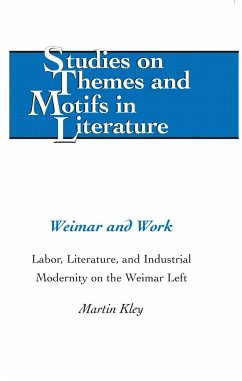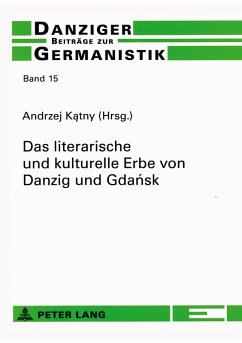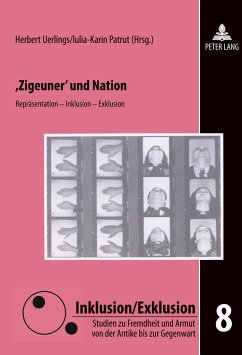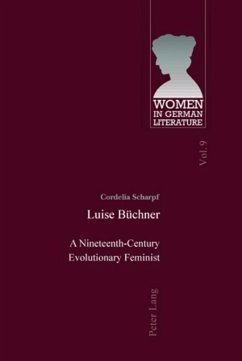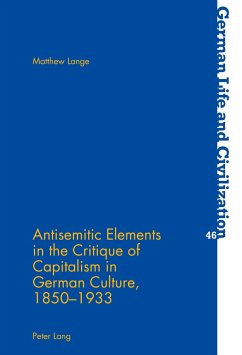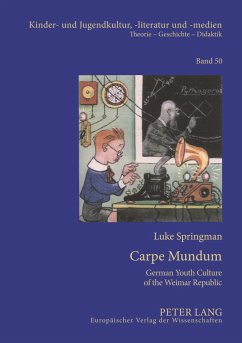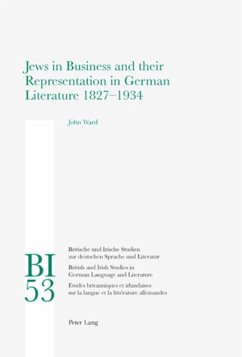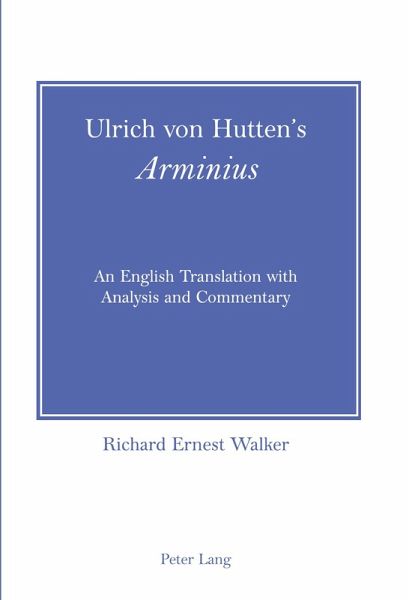
Ulrich von Hutten's 'Arminius'
An English Translation with Analysis and Commentary
Versandkostenfrei!
Versandfertig in 6-10 Tagen
48,95 €
inkl. MwSt.

PAYBACK Punkte
0 °P sammeln!
This is the first complete English translation of Ulrich von Hutten's Latin dialogue Arminius and Eobanus Hessus's Latin preface to its posthumous publication (1529). The translations are enhanced by extensive literary analysis in the context of social and political change in sixteenth-century Germany and German literary history. Hutten's literary role is illustrated further by discussion of his dialogue, Inspicientes , or Die Anschauenden , and by comparative analysis of Hutten-related works by Heinrich von Kleist, Die Hermannschlacht (1808), Gottfried Keller, Ufenau (1858), and Conrad Ferdin...
This is the first complete English translation of Ulrich von Hutten's Latin dialogue Arminius and Eobanus Hessus's Latin preface to its posthumous publication (1529). The translations are enhanced by extensive literary analysis in the context of social and political change in sixteenth-century Germany and German literary history. Hutten's literary role is illustrated further by discussion of his dialogue, Inspicientes , or Die Anschauenden , and by comparative analysis of Hutten-related works by Heinrich von Kleist, Die Hermannschlacht (1808), Gottfried Keller, Ufenau (1858), and Conrad Ferdinand Meyer, Huttens letzte Tage (1871). The study draws attention to Hutten's ethnic chauvinism, construed by later generations as German patriotism and used to endorse attitudes and prejudices alien to Hutten's original ideas. The English translations and analyses provide broader access to Hutten's writings and ideas and give insights into the links between late Roman history, society and politics in the Reformation period, and German patriotism of the twentieth and twenty-first centuries.





